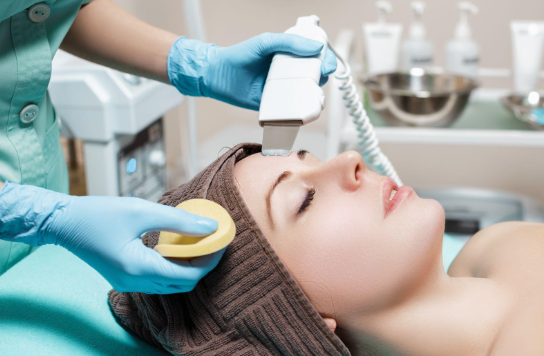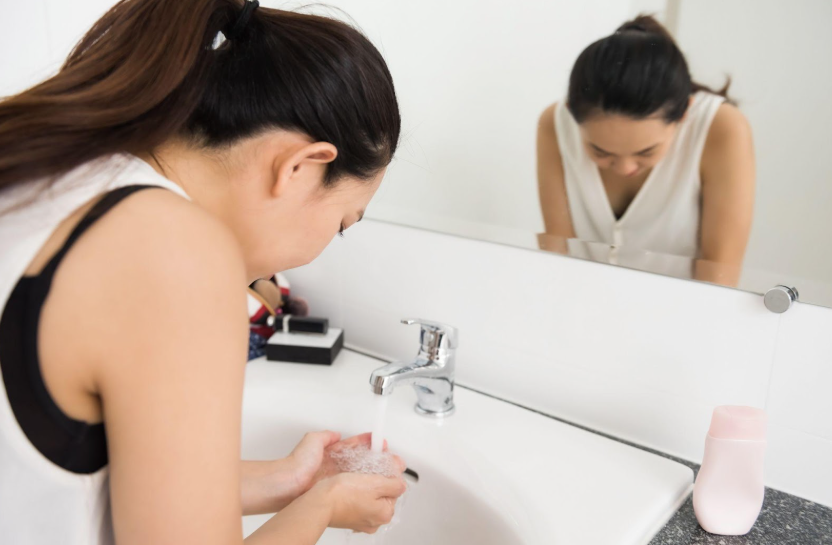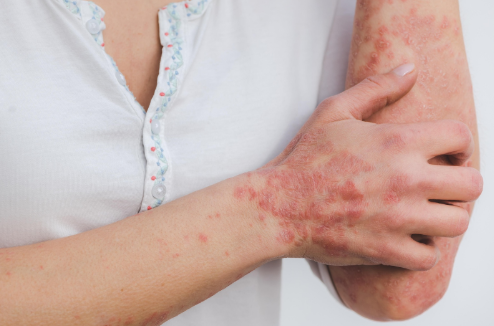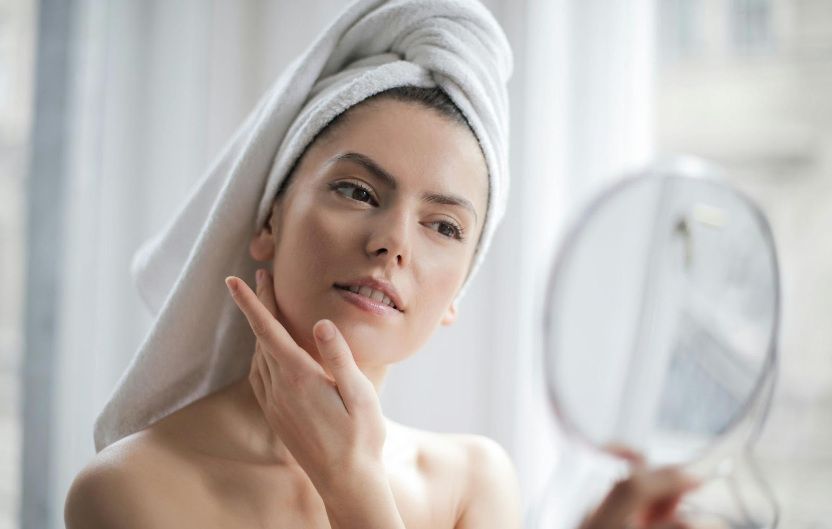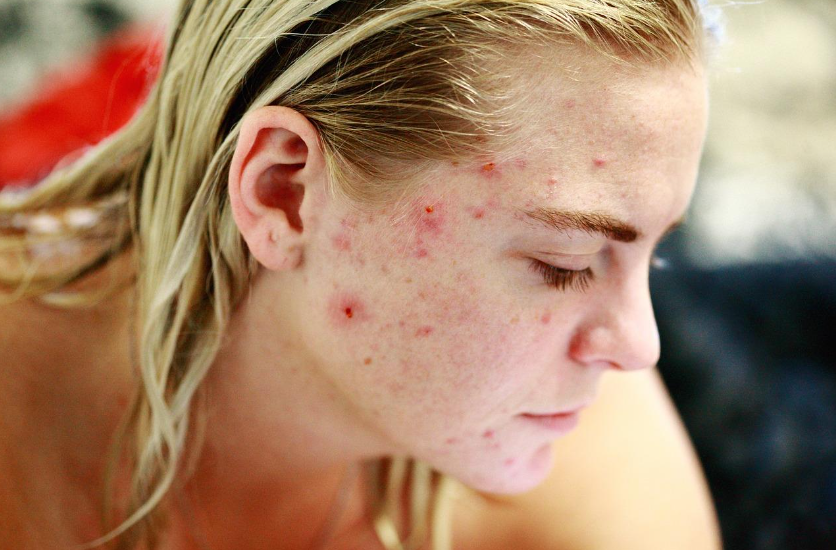Skin Cancer - Who is Most at Risk
Who is Most Likely to Get Skin Cancer
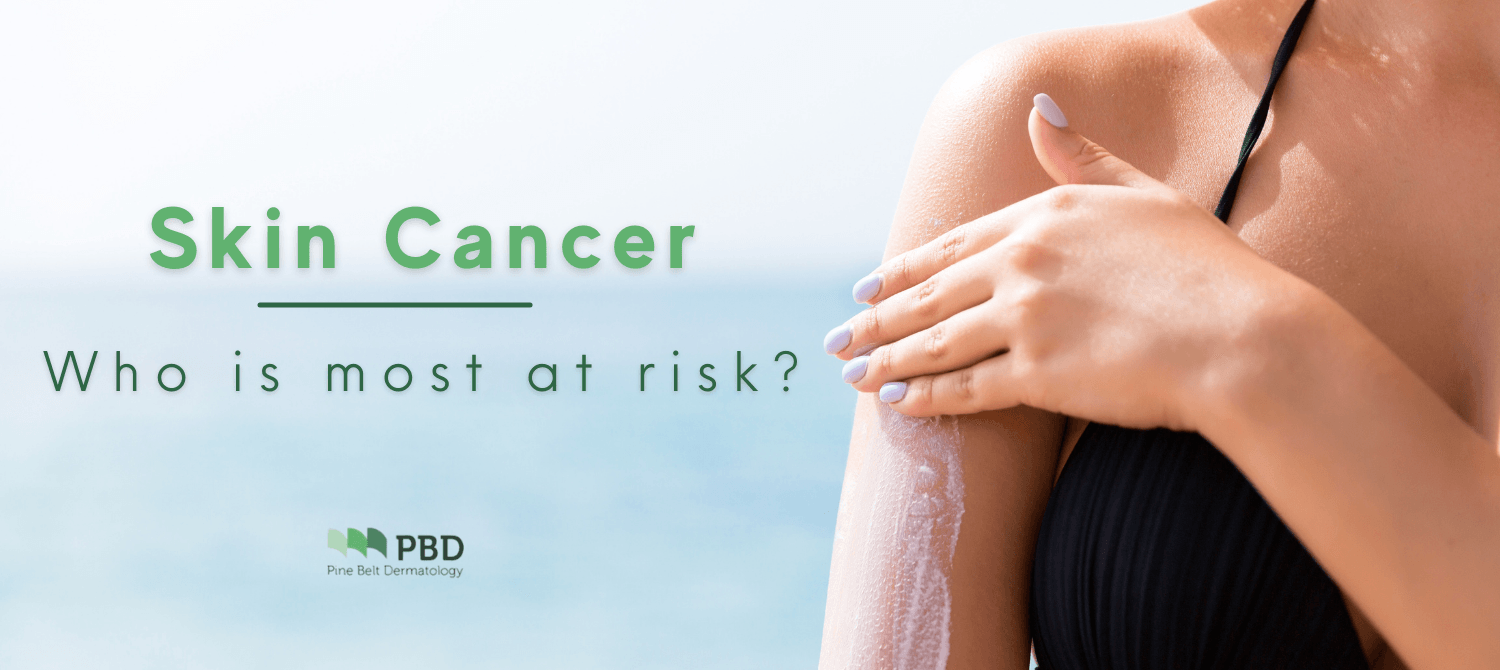
Skin cancer affects 5.4 million people every year. There are many different factors that increase the risk of skin cancer and who is the most affected. Read on to learn more about the people who are most at risk of developing skin cancer.
People Who Have Previously Been Diagnosed With Skin Cancer
Those who have already had skin cancer in the past have a higher risk of developing it again. Although research is limited, it may be due to excessive sun exposure. It's important to always wear sunscreen, even while spending time indoors. You can also cover up to block the sun and protect your skin. Choose dark clothing that isn't too loose and is tight on the skin. You can also opt for wearing a large hat that has a wide brim to ensure your face is protected.
It's important to always apply sunscreen year-round and to use a product that has at least SPF 30. Sunscreen needs to be reapplied every two hours, and even more frequently if you're spending time in the water because it's prone to rinsing off easily.
A family history of skin cancer can also make you prone to developing the disease. It's important to be extra cautious if you have a parent or sibling who has had skin cancer in the past. The increased risk may be due to the skin type of the family if they're all fair-skinned. Non-melanoma skin cancer also runs in families due to genes that are inherited. Those who have a parent that has been diagnosed with squamous cell skin cancer are also at a higher risk of developing the same condition at some point during their lives.
It's important to regularly examine your skin and look for any changes in moles that are present. Use mirrors to look at moles or growths that are present on your back, ears, neck, hands, and under your arms. Experts recommend avoiding exposure to artificial UV rays, which means staying away from sunbeds.
People Who Spend a Lot of Time in the Sun
Research shows that most skin cancers are caused by sun exposure. Spending too much time outdoors without any protection significantly increases the risk of developing skin cancer. Those who have a history of getting sunburned are more likely to develop the disease. This includes farmers, construction workers, and even gardeners.
Those who live in high-altitude climates or areas where a lot of sun is always present are also prone to being more at risk of melanoma. The sun is a lot stronger when you live at a higher elevation.
Experts recommend avoiding exposure to the sun in the middle of the day when the UV rays are the strongest. This means staying indoors between the hours of 10 a.m. and 4 p.m. This will make it easier to avoid getting burned while still getting time to spend outside.
Wearing sunglasses any time you're outdoors is a great way of protecting yourself. Look for sunglasses that are made to block UV rays. It's also important to reduce your use of prescription medications that cause you to become more sensitive to the sun.
People Who Have a Lot of Moles
Those who have a lot of moles are also at a higher risk of getting skin cancer because moles can turn into skin cancer. Although most moles don't cause issues, there are atypical moles that can be problematic, especially when they have an unusual color shade or shape. Some moles that are cancerous are larger than most moles and develop after the skin is exposed to the sun. In some cases, they can still develop on areas on the skin that are covered.
Getting routine skin exams is necessary to ensure a dermatologist can monitor the moles and detect any changes that develop. Pictures may be taken to make it easier to determine if and when the moles change.
Skin lesions may also be present and have to be tested to determine if they're pre-cancerous. This increases the risk of skin cancer and is often present on the face. You may notice the growths feel rough and scaly. They can vary in their color shade but are typically light pink or brown. You may also notice them on the hands and head.
People Who Have a Weakened Immune System
Those who have a weakened immune system are more vulnerable to diseases like skin cancer because the body doesn't have as much strength to ward off ailments and diseases. Those who undergo organ transplants receive prescription medications from doctors, which are known to weaken the immune system to ensure the new organ isn't rejected. Some people have an increased risk of developing skin cancer when this occurs. Others who have HIV can also develop melanoma a lot easier than someone who has a stronger immune system.
You'll also put yourself at risk if you have exposure to radiation. Exposure to different types of substances like arsenic can also lead to skin cancer. Too much exposure to different types of toxins can also increase the risk of developing skin cancer, making it necessary to try and eat a clean diet while limiting your use of cleaning products with chemicals and added ingredients.
Understanding who is the most at risk of developing skin cancer can make it a lot easier to learn how to protect yourself and stay healthy as you get older. It can also make it possible to work closely with a dermatologist to ensure you can detect early signs of the disease. If you have questions or concerns, the team at Pine Belt Dermatology is here to help. Visit our website or get in touch with us today.
